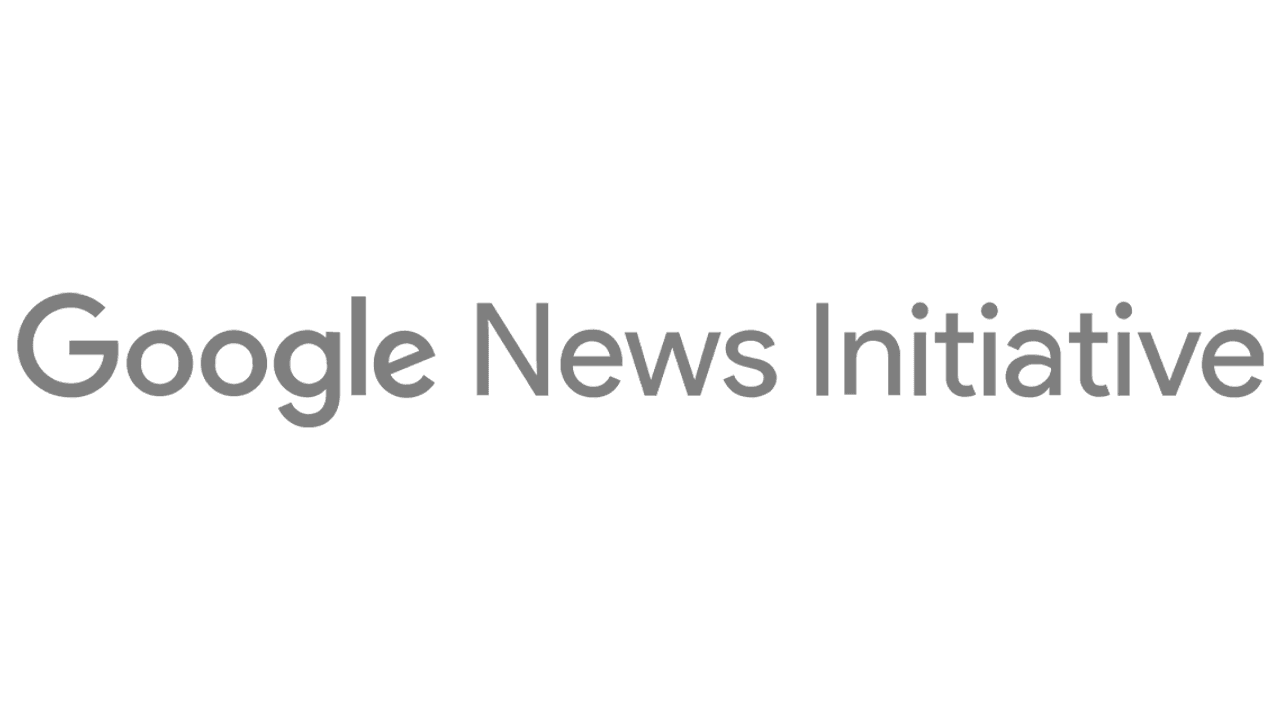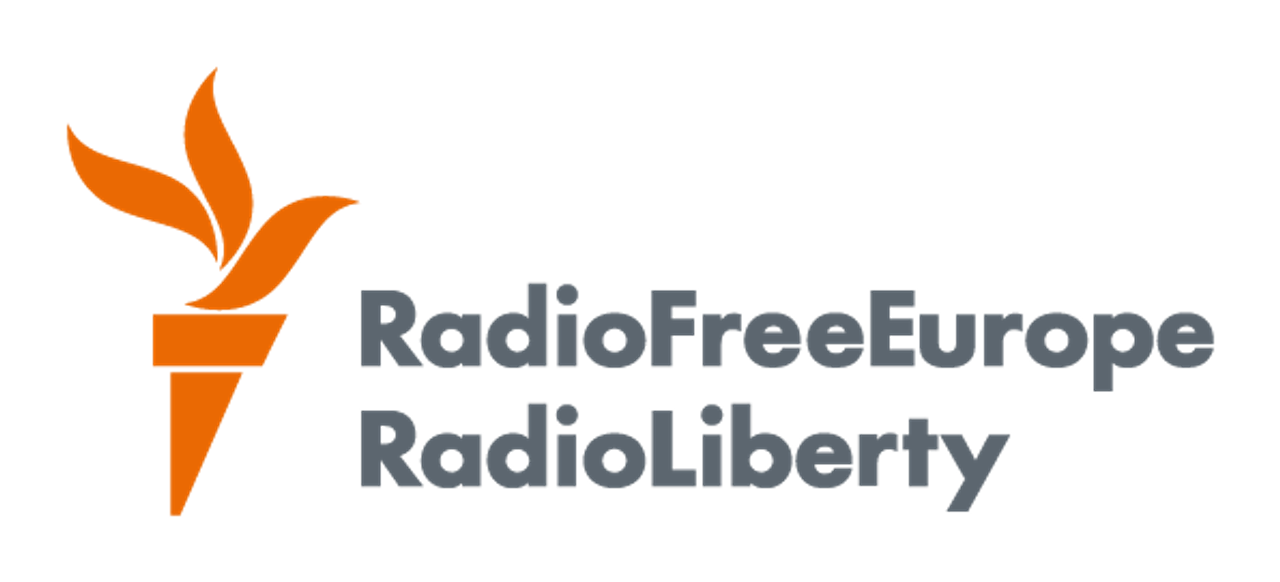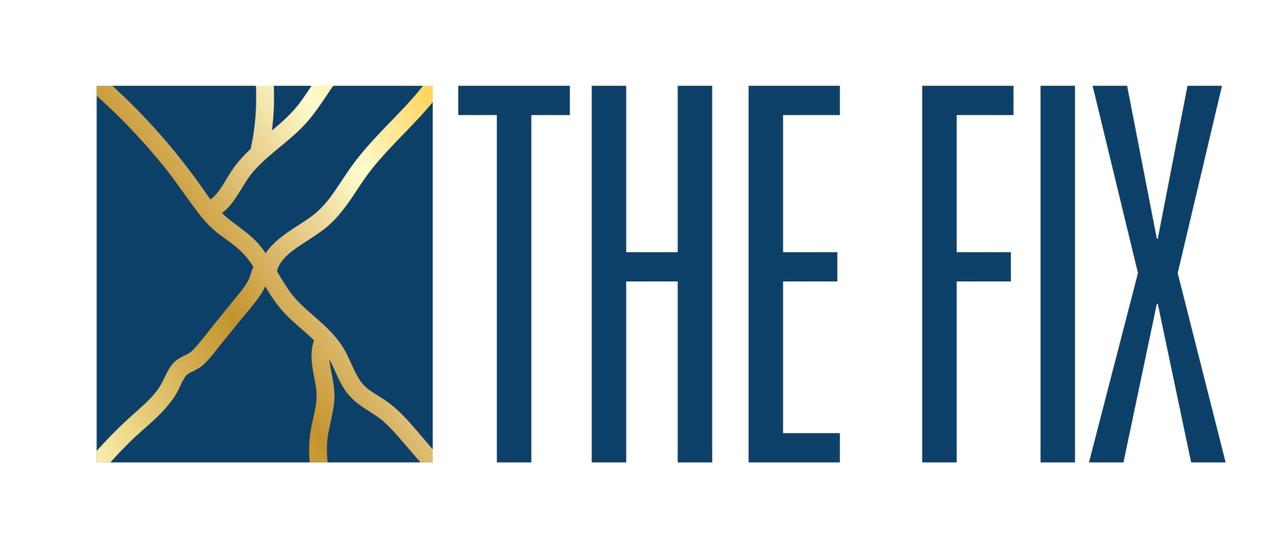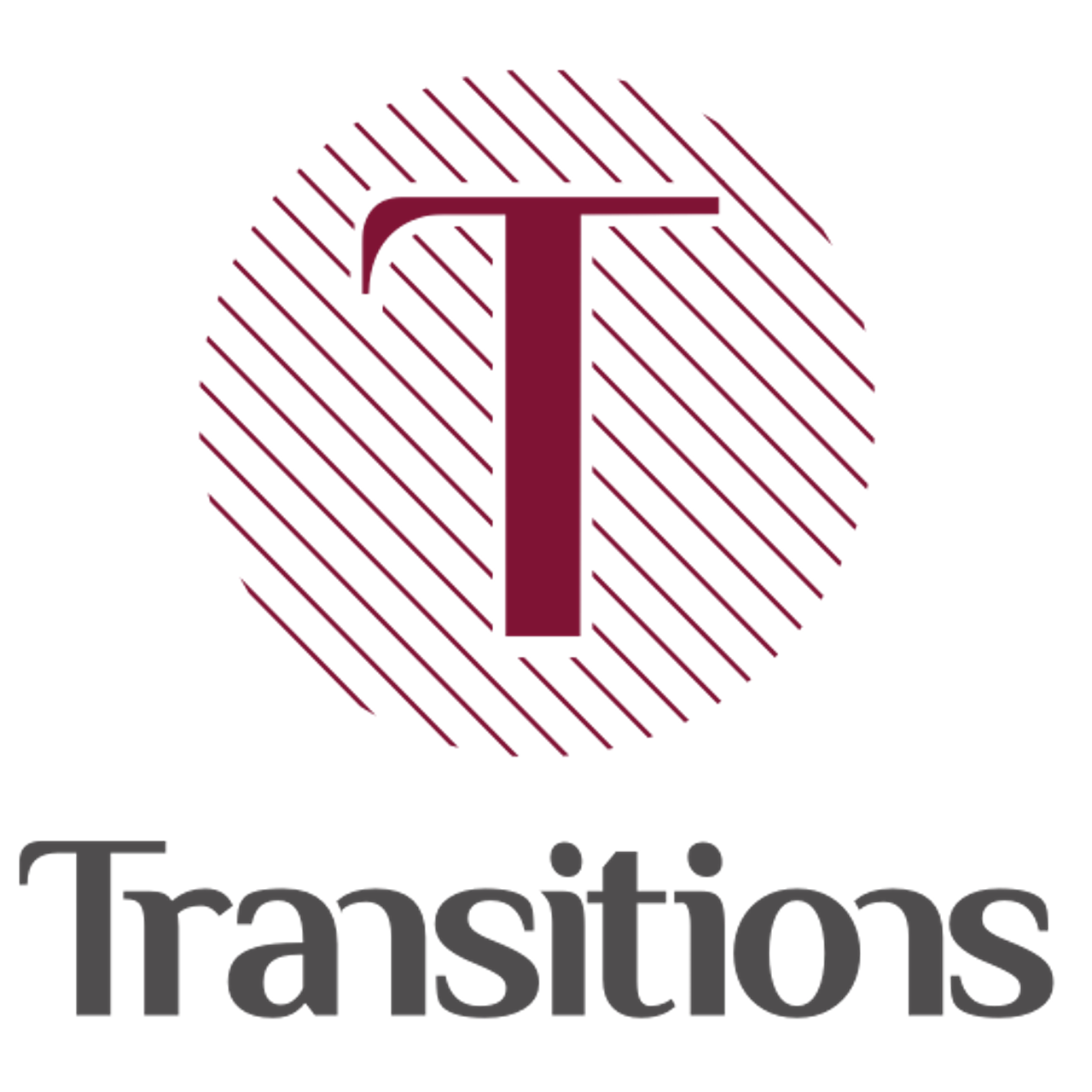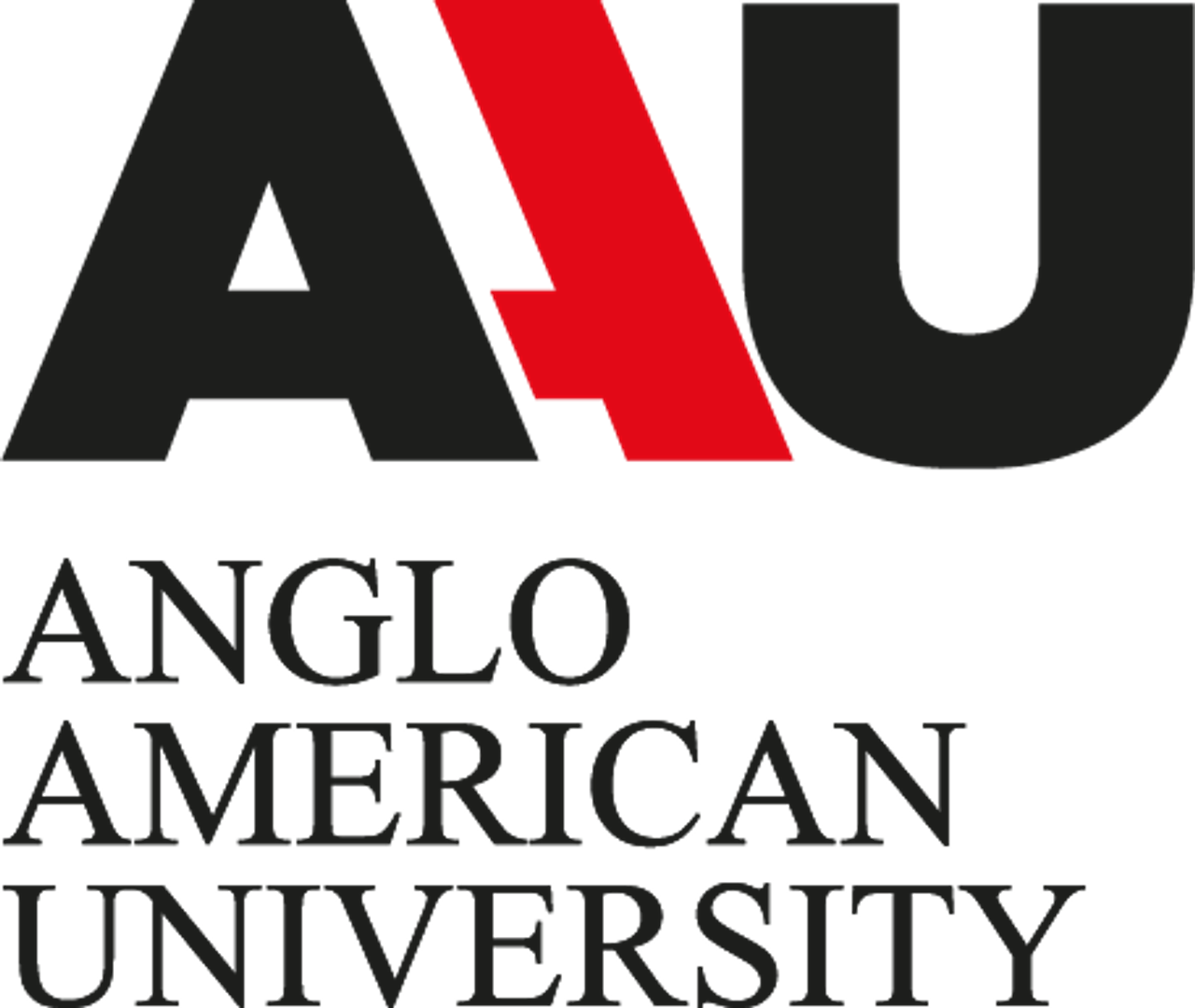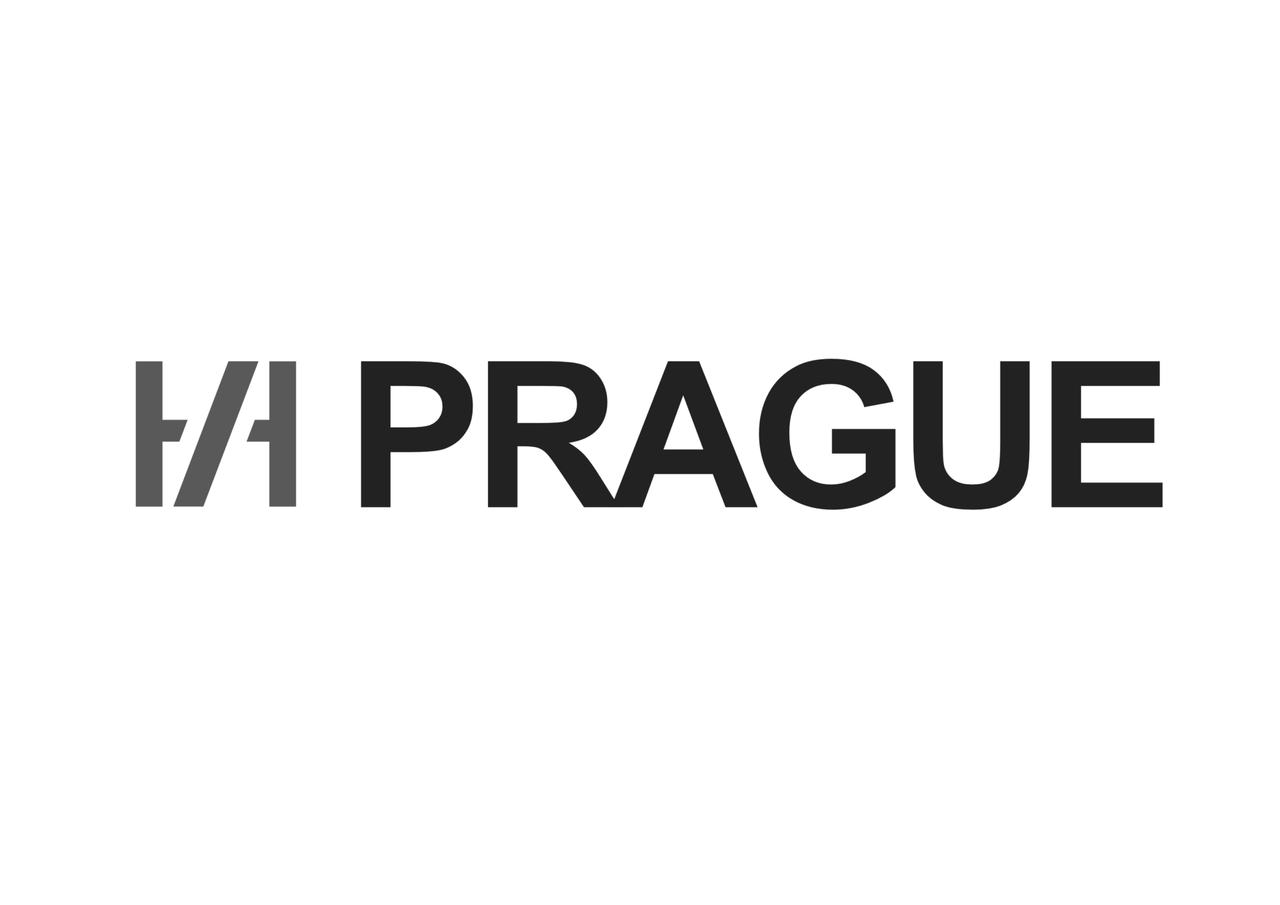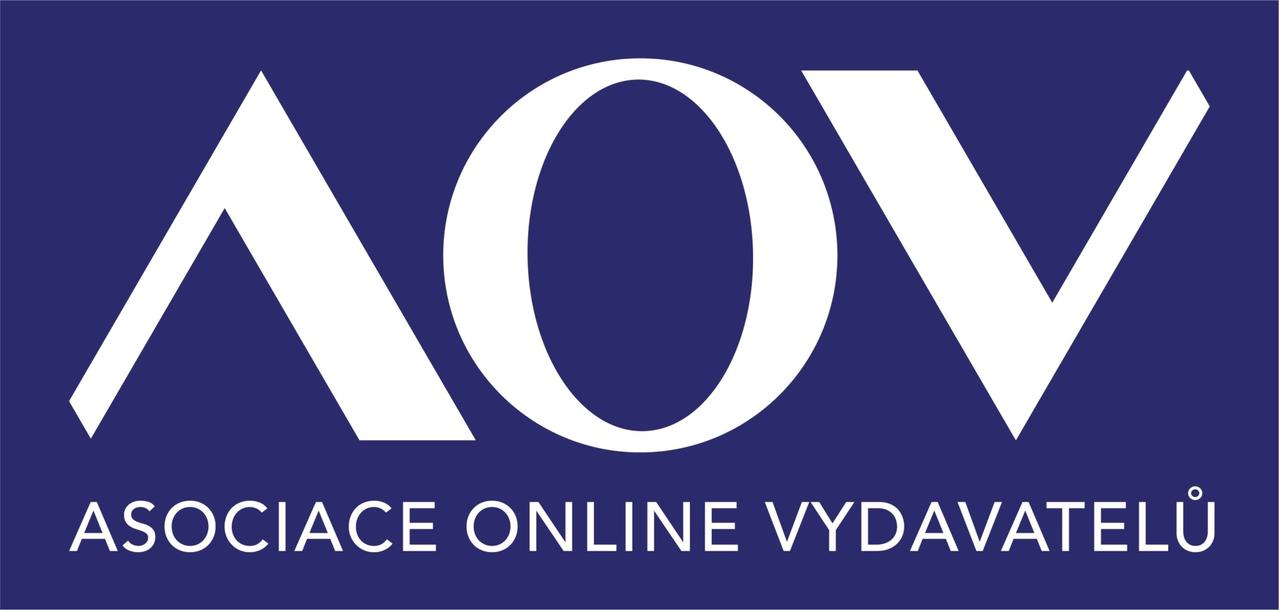Programme

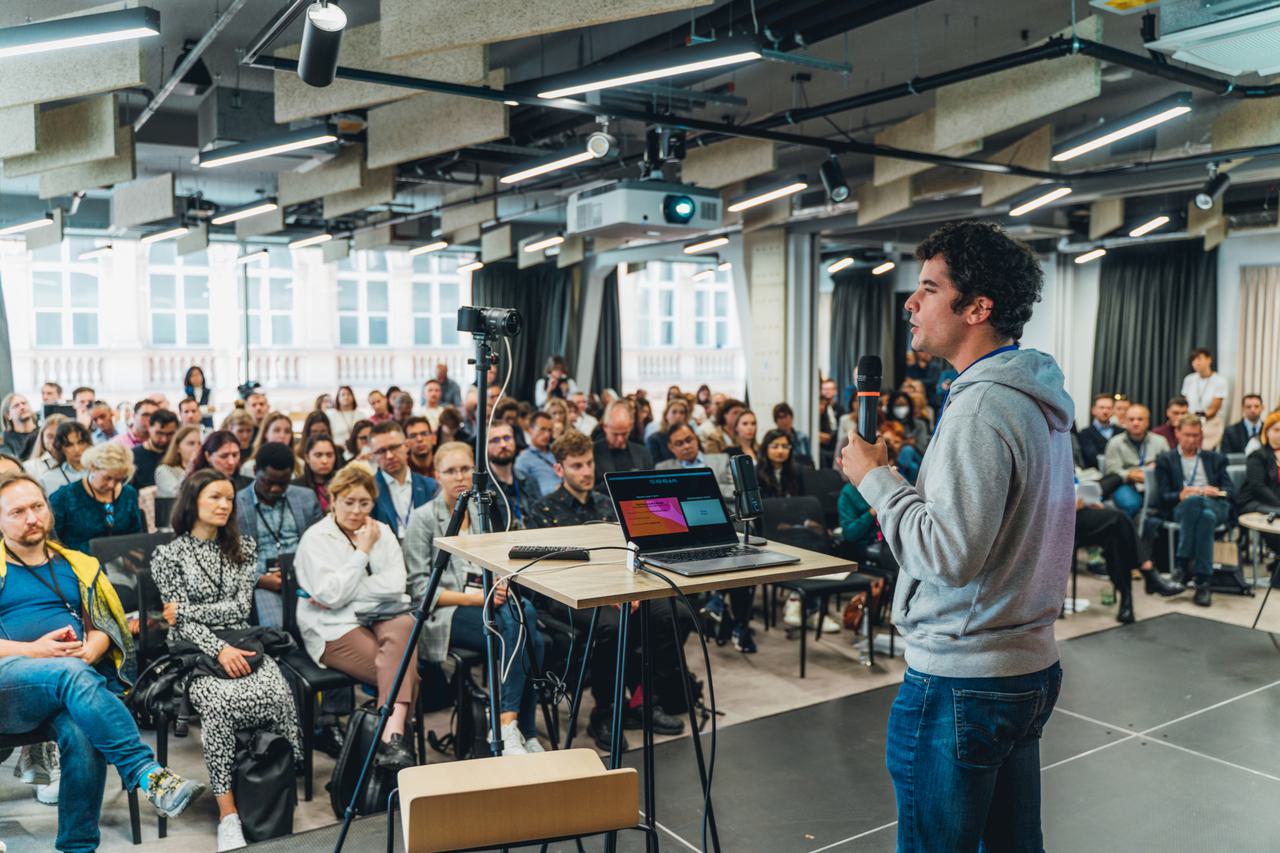
HubHub Palác ARA, 5 Perlová Street, 110 00 Prague 1
#NISPRG
After two years of online conferences, the News Impact Summit is back with an in-person event. The Future of Editorial will take place in Prague on 6 October, bringing together local and international media experts to celebrate innovation in journalism and to reimagine the future of news together.
During the Summit, we will explore how journalists and media organisations can reorganise and innovate their storytelling to reconnect with their communities and win their trust. The programme will include inspirational talks and dynamic conversations, along with networking opportunities and hands-on sessions.
Some of the topics we will be covering are:
- Using open-source information to improve storytelling
- Turning to new platforms like Instagram, TikTok and Twitch to reach new audiences
- Best practices to build and increase the trust of our communities
About the News Impact Summits
Since 2014, the European Journalism Centre has organised 34 News Impact Summits. The Summits have inspired communities of journalists and media organisations in 27 cities in 18 countries across Europe and the Middle East, featuring 400+ speakers from leading international news organisations. In 2020 and 2021, during the pandemic, we hosted 5 Summits online to an international audience of over 1500+ journalists, editors, freelancers, and students.
Please make a contribution today
Your support will help us continue providing the kinds of opportunities journalists tell us they rely on
Would you like to have a direct conversation about making a donation? Please get in touch.
Programme
How we source and verify open-source information from the war in Ukraine
Mark Krutov, Radio Free Europe/Radio Liberty
The war in Ukraine brought along with it an unprecedented amount of unverified information that poses a huge challenge for journalists and editors. Mark will talk about the skills, techniques and tools that the team at RFE/RL uses to verify the overflow of claims about this war, whether they emerge from Ukrainian or Western official sources.
Building the Russian Asset Tracker: insights on investigating the hidden wealth of oligarchs
Pavla Holcová, OCCRP & Investigace.cz
"Billionaire Roman Abramovich’s daughter Sofia has show horses, each worth $500,000." This was one of the 200+ tips received by OCCRP after they asked the public for help finding foreign assets of key figures close to Vladimir Putin to include in the “Russian Asset Tracker". With 27 media partners, OCCRP built the largest public database of oligarch assets, including yachts, jets, mansions — and more than 30 horses. Investigative journalist Pavla Holcová takes you behind the scenes of the ongoing project that has so far catalogued more than $20 billion in assets — and drove the most traffic to the OCCRP website in the organisation's history.
Speaker
Emilio, most widely known as Nanisimo, has focused his work on new media formats, especially TikTok and Twitch. His streams on Twitch for Spanish media outlet Newtral about the January 6th Capitol attack or the start of the war in Ukraine were watched by hundreds of thousands of people worldwide leading Newtral to become the first Spanish-speaking media outlet reporting on Twitch. Emilio will explain to us how Twitch is becoming an emerging platform for news reporting and what audiences expect from journalists.
Speaker
How can journalists and media organisations innovate their storytelling and win the trust of their communities? And how do we connect with mainstream audiences that are increasingly avoiding news? These are some of the challenges that Nic Newman from Reuters Institute for the Study of Journalism, Alina Zivanovic from Radio Free Europe/Radio Liberty, Adéla Klečková from German Marshall Fund and Zakhar Protsiuk from Kyiv Independent discuss.
Speaker
1. TikTok vs Instagram Reels: where and why to invest
Erika Marzano and Sebastian Katthöver, Deutsche Welle
How do Instagram Reels compare with TikTok? And has Instagram made the copy more successful than the original, as it did with Stories? Erika and Sebastian will explain how Deutsche Welle Audience Development team manages to attract the eyes of under-25s, looking at data from accounts with a strategy on both TikTok and Instagram Reels. They’ll offer insights on what aspects of these platforms should journalists and publishers be looking at and what topics are the most successful on each platform and why.
2. Innovative storytelling beyond the traditional news article
Anneleen Ophoff, Are We Europe
In today's media landscape, no story stands on its own. Whether you've just released a documentary, launched a new podcast series, or published an investigative article, we all know the feeling of having more to say. Anneleen will show us how to combine storytelling, user experience, design and content into building a "story ecosystem" to attract new audiences. We'll look at some inspirational examples of innovative and interactive storytelling and start brainstorming on your own favourite projects.
3. Tools for environmental journalism
Robert Socha, Google News Lab Teaching Fellow, CEE
Around the world, wildfires, flooding and other extreme weather continue to affect our health, our economies and our future together on our planet. Robert will guide us as we experiment with tools that journalists and media organisations can use to find and report on stories about the environment.
Speaker
The media industry is changing, and so are work and leadership in the newsroom. New roles and structures are emerging that sit at the intersection of product, editorial, business and strategy. Media organisations are becoming more interdisciplinary while we see a rise in Gen Z and Millennials in the workplace. Join Anita to look at the challenges and opportunities facing media managers and editorial leaders to think and act differently.
Speaker
1. From 16:9 to 9:16: going 100% mobile with interactive storytelling
Jakub Górnicki and Piotr Kliks, Outriders
When Outriders realised most of its audience was on mobile, it decided to stop producing journalism content for desktops. Very soon, the team will be going 100% mobile. How can we produce and present our stories exclusively for mobile platforms? What changes in editorial workflow and in reporting from the field? How to capture the attention of a mobile audience? Jakub and Piotr will answer these and other questions, showcasing the benefits and challenges of going 100% mobile, with concrete examples, including part of the work they’ve done reporting from Ukraine since the war started.
2. Developing data visual journalism in small newsrooms
Patrick Boehler, Dora Nemeth and Ali Mahmood, Radio Free Europe/ Radio Liberty
Data can be a powerful tool to find stories and the right visualisations can often tell more than long-form features. No wonder most news organisations are rushing to build data teams. Radio Free Europe/ Radio Liberty is no exception. Patrick, Dora and Ali will share their experience in building such teams and processes over the last year. They will also share some of their first stories, like the Kyrgyz election results, wildlife fires in Siberia, and scraping Facebook advertising in the Hungarian election as inspiration for simple projects that can be easily replicated.
3. From radio to social audio: experiments on Twitter Spaces
Dávid Tvrdoň, SME.sk, Maliha Amirzada,Radio Free Europe/Radio Liberty and Jan Kordovský, Seznam Zprávy
In this session, we will be guided through the social audio landscape, get tips and gain know-how on how we can use Twitter Spaces to engage with our audience in real-time.
Speaker
1. Lessons on AI for election coverage
Radka Marková, the Czech News Agency & Peter Hamerník, Gennea Analytics
To relieve journalists from the overwhelming amount of repetitive tasks related to covering election results in real-time, the Czech News Agency approached AI experts at Geneea to collaborate on automatic text generation. Radka Marková will explain how automated journalism was incorporated into the editorial workflow, allowing the staff more time for original reporting around the elections.
2. How to use TikTok to fight mis- & disinformation online
Jan Žabka, Hildacipes
Hildacipes is a small investigative outlet and its team was not inclined to sing and dance on TikTok. But Jan Žabka suggested starting a channel to connect with a younger audience on TikTok and help them get their facts straight. Jan's videos cover hoaxes, deepfakes, OSINT and are getting thousands of views. He will share how he started the channel, how he packages his stories and why his TikTok material is about to go on TV soon.
3. Hooking young audiences on hard news via Instagram
Johana Bázlerová, Jsem v Obraze
Growing an audience from 1,500 to 10,000 followers in 24 hours is how the Instagram channel v obraze, which translates into ‘I’m in the picture’, jumped to popularity. A brainchild of Johana Bázlerová, a university student, v obraze was born during the pandemic when Johana realised she’d like to learn and share more about current affairs and politics with her generation. Johana will share how she is growing and engaging with her community through visuals and stories that provide facts and context to topics ranging from the climate crisis and the war, to housing, education and mental health.
4. Producing long-form journalism out of a campervan
Elena Stancu and Cosmin Bumbut, Teleleu.eu
An editor and a photographer working for legacy media, Elena Stancu and Cosmin Bumbut quit their jobs in 2013. They moved to a second-hand campervan and set off travelling around Europe to tell the stories of underreported communities. Their reporting focused on extreme poverty, domestic violence, life in prisons, discrimination, and Roma communities in the diaspora. Elena and Cosmin will share more about their editorial approach, storytelling ways and how they make a living producing long-form journalism.
Speaker
In the hyper-local medium of podcasting, how can news organisations leverage their content to engage and grow their audience?
Speaker
Patrick leads digital strategy at Radio Free Europe/Radio Liberty and its surrogate public service media operations in 24 countries, including Russia, Iran and other regions where freedom of the press is a challenge. He has decades of experience leading digital transformation in multilingual newsrooms. Patrick will attend most of the talks at NIS Prague to share his main takeaways of the day on The Future of Editorial.
